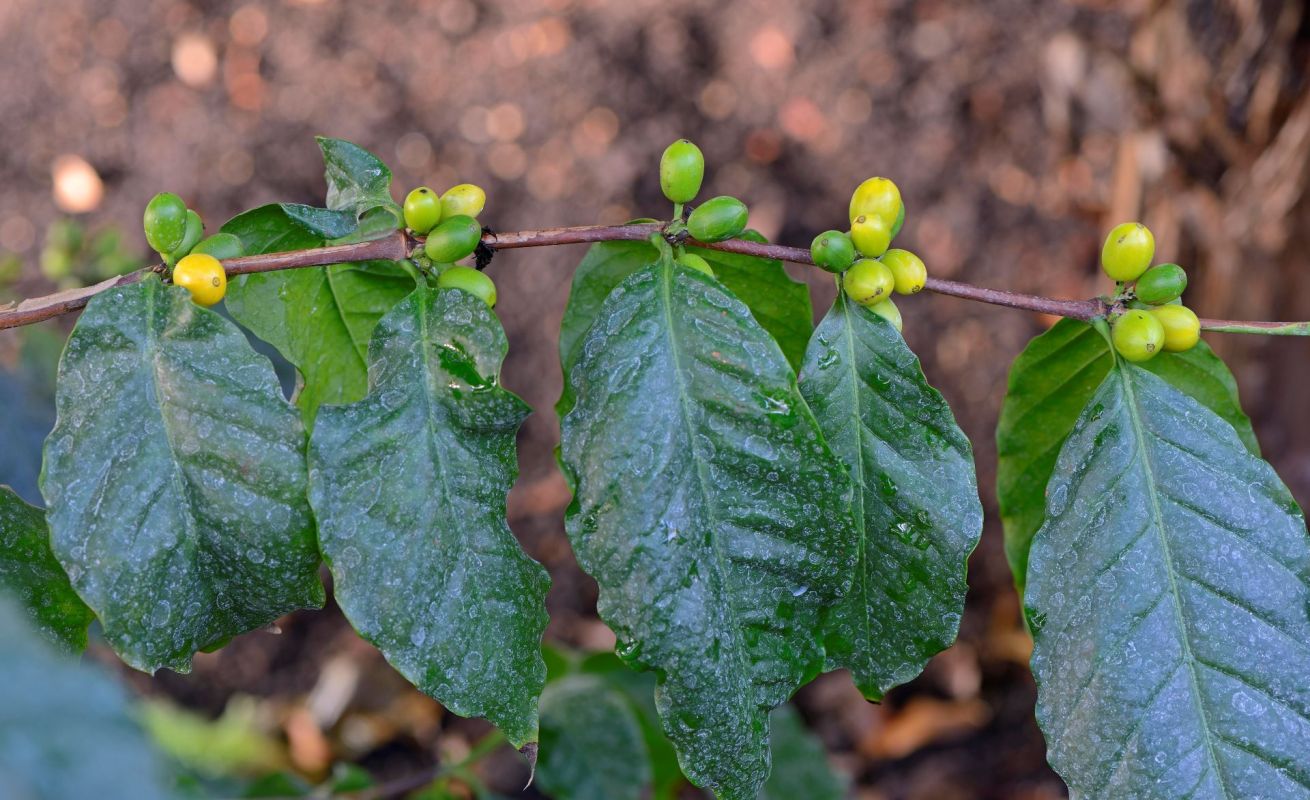After decades without being sighted in the wild, a heat-resistant coffee strain has been rediscovered in Sierra Leone. Experts believe the special plant could help protect the coffee economy against rising temperatures.
As the Earth's temperature has continued to rise, many popular coffee beans have become more and more difficult to grow. However, the rediscovered variety, which is called Coffea stenophylla, could save the day.
Stenophylla was last recorded in the wild in 1954, but researchers resurfaced it in 2018. Sierra Leone recently announced that a local grower has managed to grow it in a pilot project. The coffee could be soon cultivated for java lovers around the world.
"The results are so positive that we believe everything is in place to potentially rejuvenate stenophylla, a coffee that was once drunk in Paris and London but has not been sold commercially for decades," Daniel Sarmu, a development specialist who found the plant and is working on the pilot project, said in a statement, according to Bloomberg.
Coffee crops rely on specific temperature ranges to thrive. Arabica, one of the most widely used coffee varieties, requires temperatures of 18 to 21 degrees Celsius (64.4 to 69.8 degrees Fahrenheit) to grow.
Stenophylla tastes similar to Arabica but can be grown at temperatures that are 7 degrees Celsius (or nearly 13 degrees Fahrenheit) warmer. And that's big news because currently, Earth is becoming warm enough that Arabica farmers' success is at risk.
Research published in PLOS Climate found that, between 1980 and 2020, "climate hazards" increased in every major coffee-producing region and that "global coffee production is at risk from synchronous crop failures." What's more, experts warn that suitable land for coffee crops could be cut in half by the year 2050.
This could mean the price of coffee goes up as the supply fails to meet the demand. Or, it could just mean worse coffee, as suppliers are forced to turn to less favorable beans as Arabica gets harder to come by. But not all coffee growers are in a position to adjust.
"Production could in theory be moved to more suitable regions, such as to higher altitudes. However, many farmers, and especially small landholders, often lack the resources and flexibility to relocate," researchers in the PLOS study wrote.
The good news, though, is that stenophylla's tolerance for high temperatures might keep many farmers from having to move their operations.
Join our free newsletter for cool news and cool tips that make it easy to help yourself while helping the planet.









